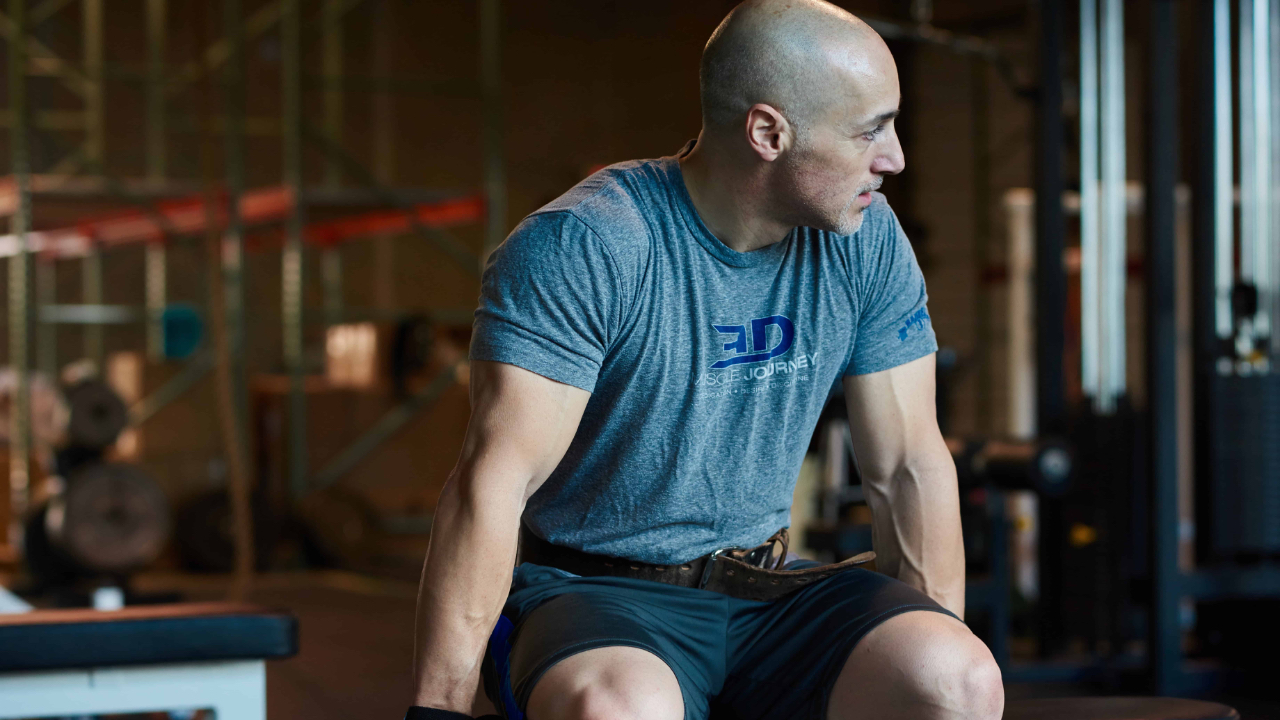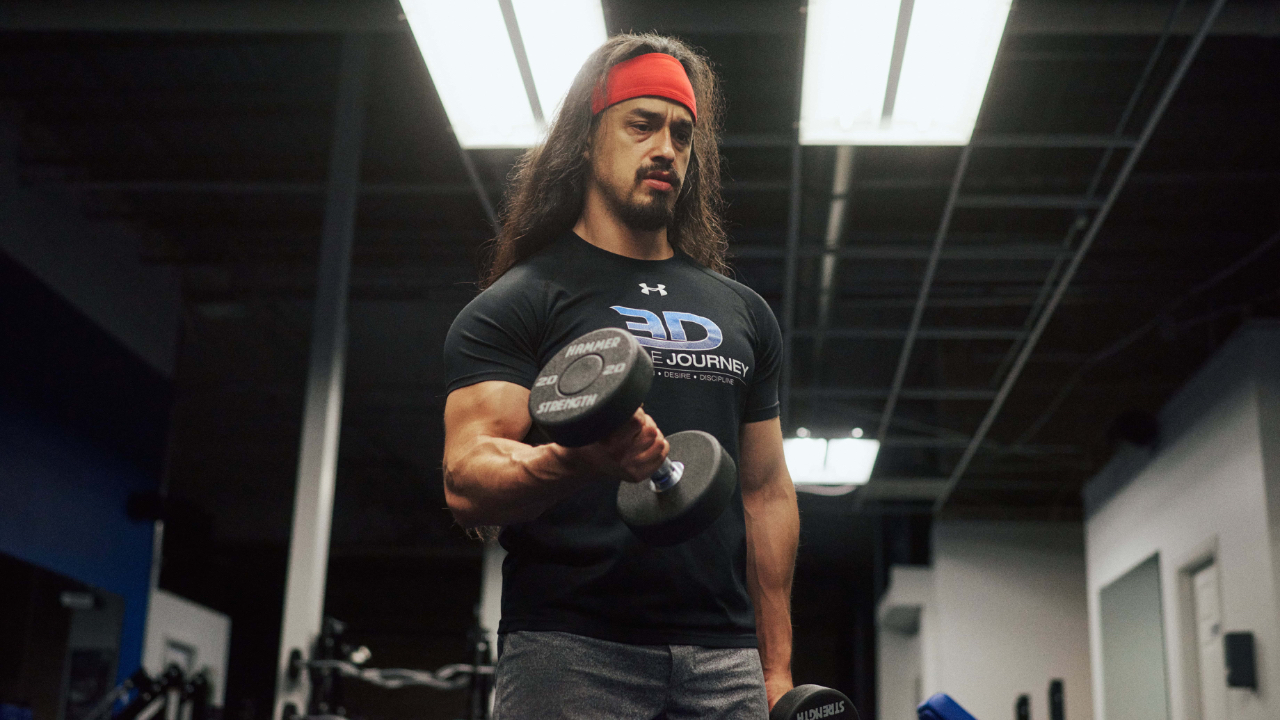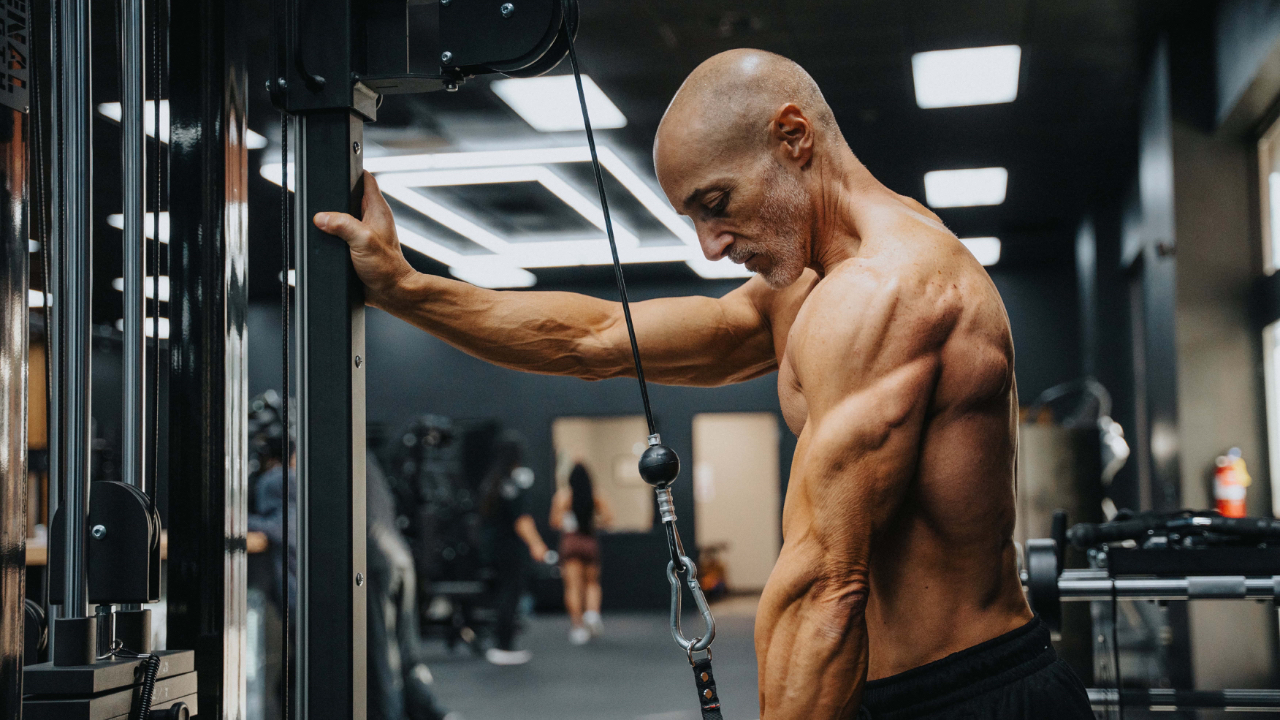BY: ERIC HELMS
I was recently emailed with a question, and the title of this blog post was the subject line of that email. The person who emailed me wanted to know “how to parse expertise from pseudo expertise.”
This person was not a novice, either in terms of experience or education and they stated “I still cannot figure it out. I have developed full blown paralysis by analysis…there are too many tribal silos all with their own PhD’s; all so sure of themselves. I allowed every idea imaginable to enter my head, including from [a trusted expert]; I elevated their thoughts and ideas over my own experience and accumulated ‘knowledge’, after all they are the experts and I am not…My question: how did you figure it out?”
This is an excellent and commendable question. For one, it is actually quite common to struggle with this, even among folks who have been around the block. Secondly, one of the fastest ways to improve your knowledge and critical thinking skills is to expose your own ignorance. Doing so is something we are afraid to do and are typically embarrassed by, but humbling yourself in this way is critical for learning. Exposing my own ignorance is something I try to constantly remind myself to do. Acknowledging my ignorance is how I have always had breakthrough-moments in my understanding of not just exercise and nutrition science, but of many things in life.
This is also an important question for one other critical reason. Specifically, I believe developing the skill of identifying someone who is a critical thinker, an expert in their field, and most importantly someone who is trying to help you, rather than “convert you” or pull a fast one on you to get your cash, is actually easier to develop than the skill of reading and correctly interpreting scientific literature. I’m not saying you shouldn’t learn to read and interpret research (you should do that too), but I actually learned to interpret research (in part) by watching others do so via research reviews and social media. Long before I could make it through a methods or results section of a paper and understand how good the science was, I was able to identify folks who were logical, altruistic and trustworthy. In fact, seeing these qualities in others put me on the path towards pursuing scientific data more deeply.
So, what qualities should you look for in someone to follow in the internet age of fitness and what qualities should you avoid? I present the following (non-exhaustive) list of things to avoid, and instead, what to look for:
1) hyperbole and exaggeration vs realistic outcomes over realistic time frames
2) cure alls/fix alls/one size fits alls vs specific solutions to specific problems in specific contexts
3) absolutism (always, never etc.) vs probability (some of the time, most of the time, almost always)
4) lack of references vs familiarity with the research for what they are an expert in and stating when they are speaking anecdotally
5) derision of opposing viewpoints vs considering opposing viewpoints and shifting a position when good points are made
6) lack of context vs explaining when something applies and when it doesn’t
7) diets/programs vs principles
8) people who have never publicly admitted they are wrong vs those who admit they are wrong and change their stance
9) singular numbers vs ranges
10) non-customizable systems vs systems that have if/thens built in if you don’t progress or stall
11) appeals to authority vs appeals to logic
12) an answer for everything vs answers only in areas they have expertise
Every time someone posts, speaks, writes or opines, look to see how they stack up against this list. Most of the time, they should be in the green. Nobody’s perfect but it should be apparent they are trying. So, before you follow someone it should be clear that the person in question tries to stay in the green in most cases.
Lastly, it’s not just about how the people you follow think, but also about how you think. I would advise identifying the voice inside you that wants there to be magic bullet solutions. The part of you that is always looking for the next best thing is a part of you that you must moderate heavily. Keep your curiosity and your optimism but, regularly remind yourself that NOTHING is going to be a game changer besides the big rocks that everyone agrees on (overload, specificity, consistency, hard work, energy balance, progression). Pay attention to how you think and pay attention to how the people you follow think. The people we follow are called “influencers” for a reason. So, make sure their influence is making you better not worse.







